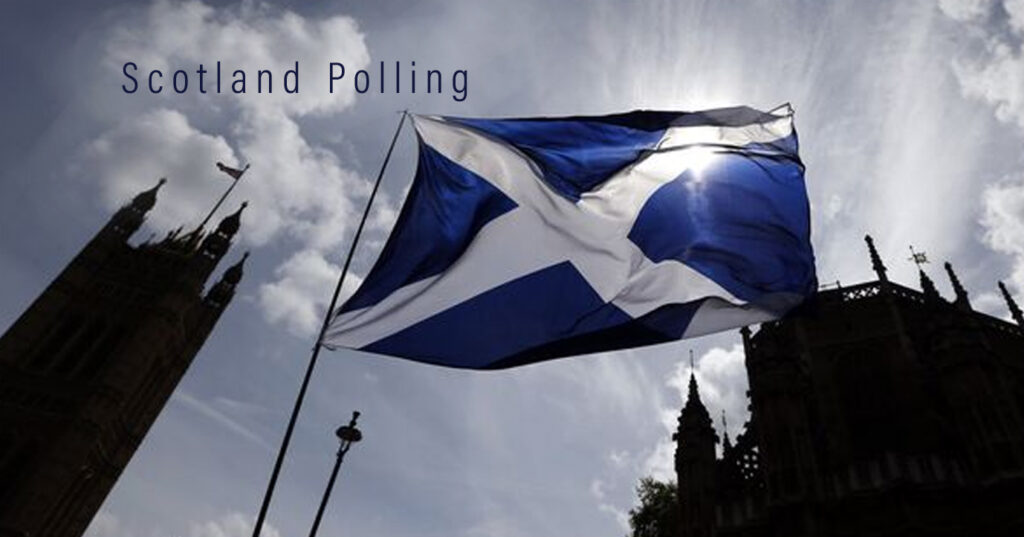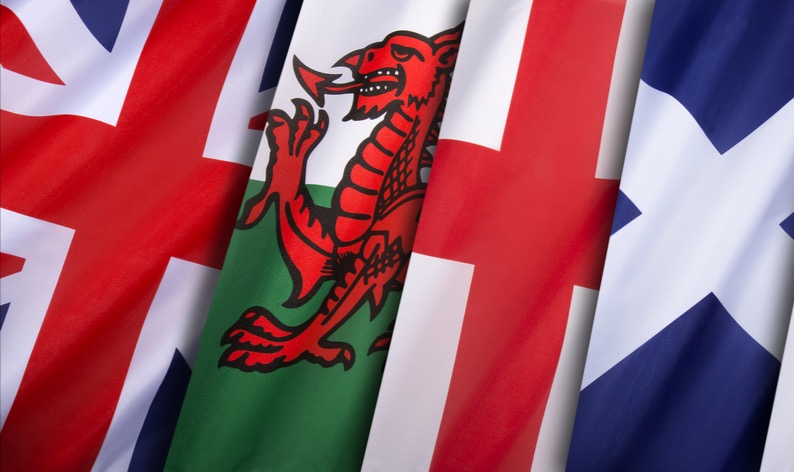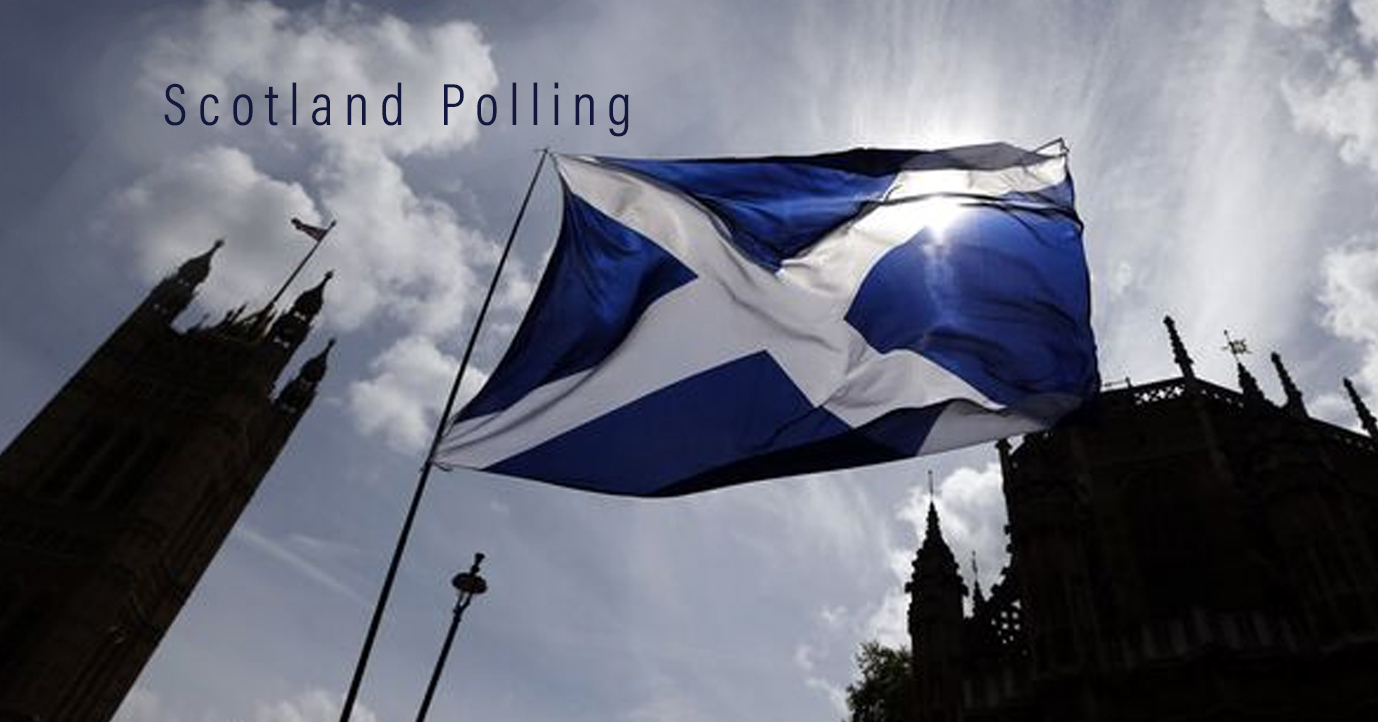
What proportion of Scots say they have a clear understanding of the powers of the Scottish Parliament? Fourteen years after Holyrood opened for business, the number is surprisingly low. In a recent poll I have found only 14% of Scots claiming to have a very good idea of what is decided in Edinburgh and what powers remain with Westminster; 44% said they had “some idea” but four in ten admitted to having “very little idea” which parliament was responsible for what.
The finding has emerged from an eight-month research project I have conducted on Scottish politics, to be published in full soon.
See Holyrood magazine for further coverage of this research.
Despite their hazy view of what it does, it is a measure of Holyrood’s established place that more than half of Scots say Scottish Parliament elections are as important as general elections for Westminster. (Most do not agree with one of our focus group participants that Holyrood should be turned into a Travelodge and all powers returned south). Just over a quarter say Westminster elections still matter more to them, and just under one fifth think the opposite; SNP voters are the only group more likely to say Holyrood is more important than the UK parliament than they are to say the reverse. Geography also plays a part – voters in the South of Scotland were twice as likely as those in the Highlands and Islands to say Westminster mattered more; Highlanders were also the group most likely to say the two were equally important.
MSPs are also quite well-regarded in comparison to their colleagues in the House of Commons. Scots say their Holyrood representatives are more likely than Westminster MPs to be in touch and committed to their local communities, and to do at least as good a job representing people like them, but less prone to being career politicians who put their own interests above those of their constituents.
But with the obvious exception of the First Minister, Holyrood’s political leaders lack stature. I found four in ten voters saying they had never heard, or had no opinion, of Johann Lamont, Labour’s leader in Scotland. Half of all voters said the same of Willie Rennie, leader of the Scottish Liberal Democrats. Scottish Conservative leader Ruth Davidson did least badly on this score, with 38% saying they did not know who she was or had no opinion.
Nearly everyone has an opinion of Alex Salmond, of course. Those with an unfavourable view (49%) just outnumbered those with a positive one (45%), but his dominance of Scottish politics helps explain the SNP’s continued lead on voting intention for the next Holyrood election: with 40% of first votes I found them 5 points ahead of Labour, with the Tories on 15% and the Liberal Democrats on 5%.
The Lib Dems did rather better among those who said they would use their second vote, rising to 13% and leapfrogging the Tories on 10%. The SNP and Labour would fall to 36% and 24% respectively, with UKIP’s share rising from 4% in the constituency vote to 11% on the list.
When asked, unprompted, what they thought were Holyrood’s main achievements, nearly two thirds mentioned things that were now free that once were not: prescriptions, university tuition, social care, eye tests and the scrapping of road tolls. For many who took part in our research, however, it was clear that what the Scottish Parliament actually did was less important than the fact that it was there.
That said, I found a majority of Scots thinking the Scottish Government had got its priorities wrong. Asked what they thought was at the top of the administration’s agenda, half spontaneously named the independence campaign – seven times as many as mentioned the economy and jobs. Only just over a third said they thought the current priority was right; asked what the Scottish Government should focus on instead, the economy topped the list comfortably. Many in our focus groups worried that the prolonged, repetitive debate over independence damaged the economy by creating uncertainty and deterring, or at least postponing, much needed investment.
I also found many voters deeply sceptical about the idea of giving the Scottish Parliament more powers (and relatively few had come across the inelegant term “devo max”). If Holyrood were to become responsible for all policy areas except defence and foreign affairs, including all decisions about tax and spending, clear majorities thought taxes would rise (59%), as would the amount of government borrowing and debt (55%). Only 29% thought public services would improve; a quarter thought they would get worse. For our focus group participants massive cost overruns on previous major projects, such as the Edinburgh tram system and the parliament building itself, helped to undermine confidence in the Scottish Parliament’s financial rectitude. Many see the Scottish Parliament as the body that hands out the cash; while all the newly free services are welcome, they wonder what this would mean if Holyrood had to raise the money as well as spend it.
The uncertainty about Holyrood’s existing powers, apparent lack of serious alternative leaders, concern about its priorities and reluctance to trust it fully with the purse strings also help explain why 65% opposed Scottish independence. Besides, as one of our participants put it, Alex Salmond has quite enough power as it is.
The original results summary that accompanied this poll failed to make clear that Q7, ‘What do you think the Scottish Government’s main priority should be?’ was asked of the 61% who thought the Government currently had the wrong priority, not the full sample. Apologies for this mistake, which has now been corrected.


